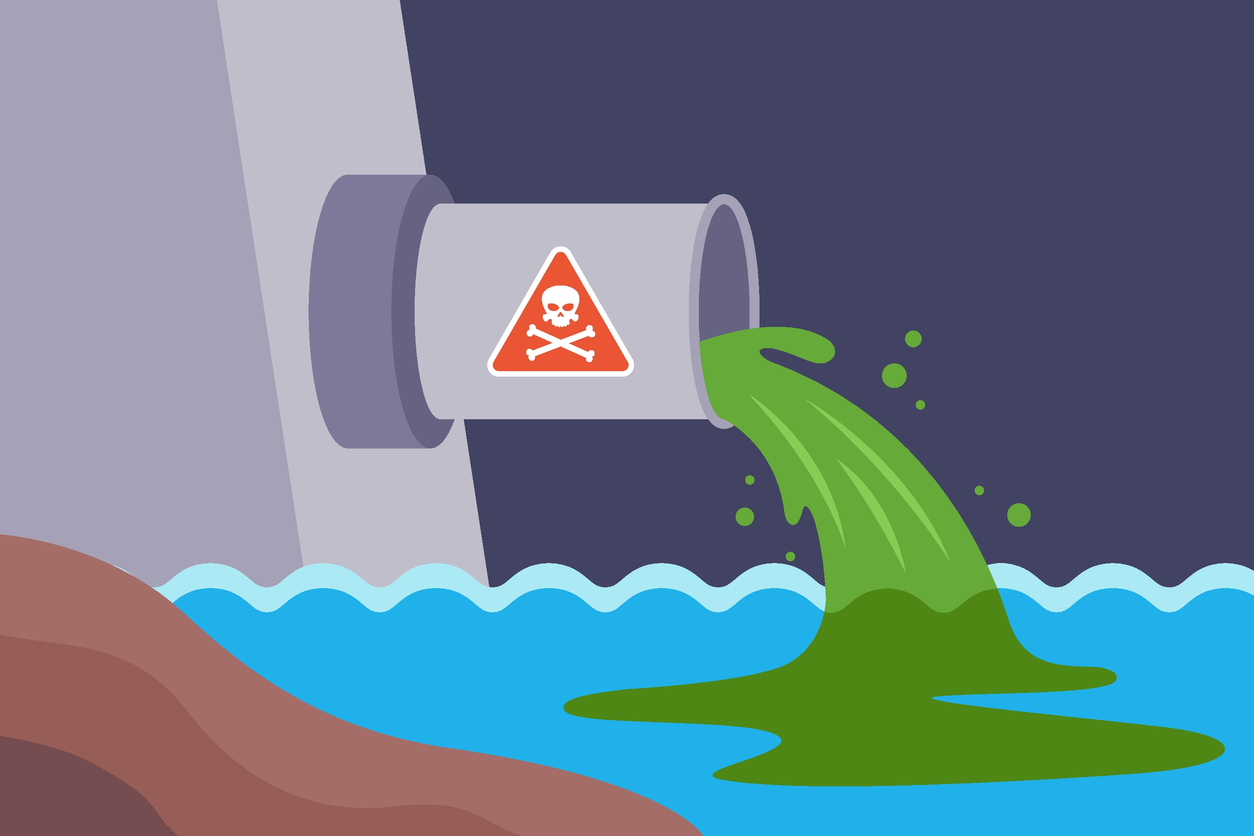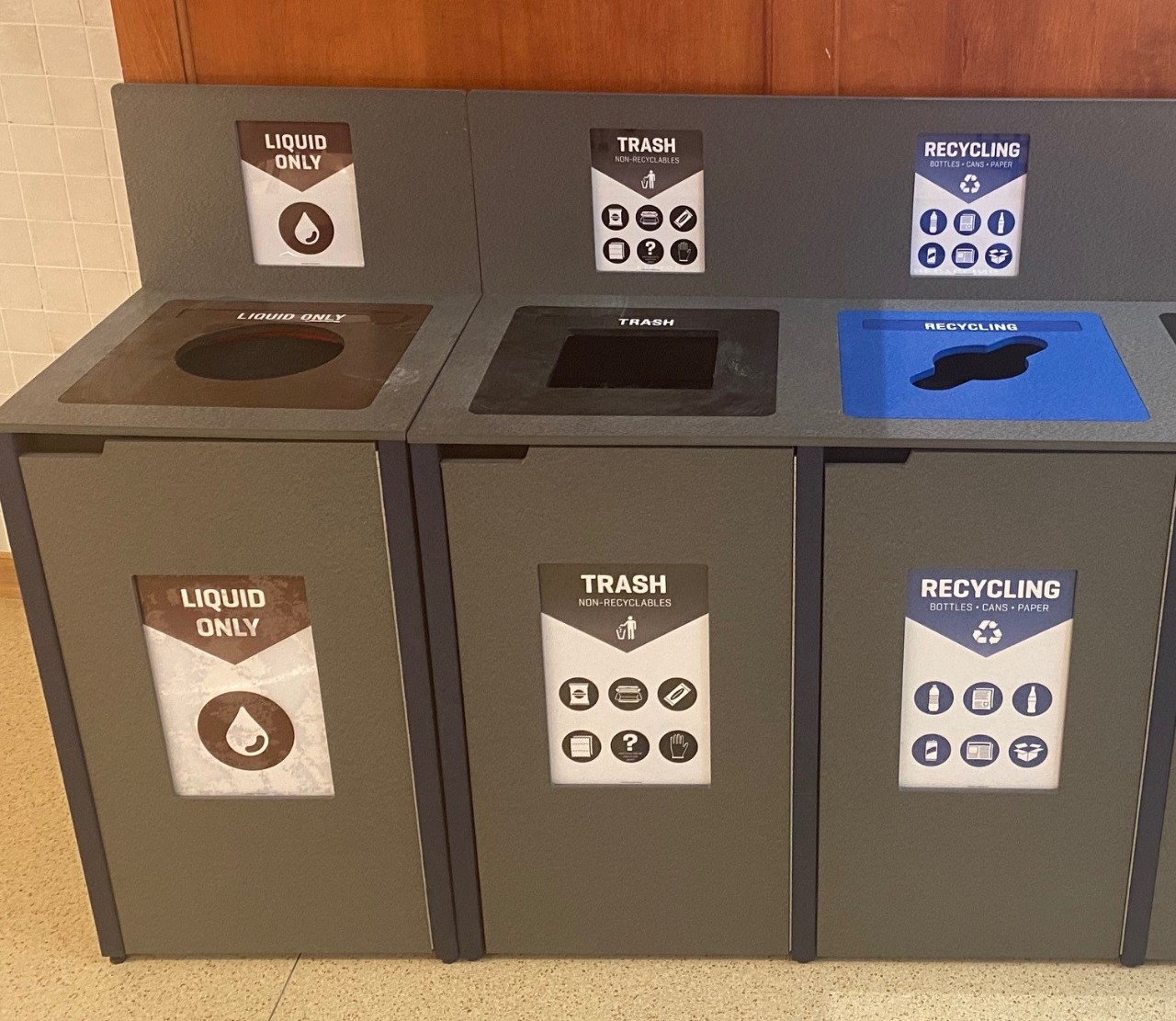Industrial Wastewater Treatment: Advanced Techniques for Effective Administration
Industrial Wastewater Treatment: Advanced Techniques for Effective Administration
Blog Article
Understanding the Comprehensive Refine of Fluid Garbage Disposal: Best Practices and Environmental Impact Considerations
The management of liquid waste disposal is a multifaceted issue that calls for an extensive understanding of numerous finest methods and their connected environmental influences. From the types of liquid waste generated to the approaches employed for collection, therapy, and last disposal, each step plays a critical function in protecting communities and public health. As regulative requirements develop and technology advances, the conversation around these processes comes to be progressively important. What implications do these changes hold for future sustainability initiatives, and how can stakeholders make sure that they are effectively attended to?
Types of Fluid Waste
Recognizing the different kinds of liquid waste is crucial for efficient monitoring and disposal practices. Fluid waste can be broadly categorized right into a number of types, each needing unique handling and treatment techniques.
Industrial liquid waste commonly contains dangerous materials, consisting of heavy metals, solvents, and chemicals, created throughout manufacturing processes. These wastes demand strict regulative conformity to safeguard human health and wellness and the setting. Residential liquid waste largely refers to wastewater created from houses, consisting of sewer and greywater, which, although much less toxic, can still position considerable dangers if poorly taken care of.
Agricultural fluid waste, consisting of overflow from ranches, often includes fertilizers and chemicals that can bring about environmental degradation if not treated adequately. Medical liquid waste, generated from healthcare centers, includes polluted fluids such as bodily liquids and chemicals, needing specialized disposal techniques to stop infection and ecological contamination.
Lastly, oil and grease waste, usually created by restaurants and vehicle sectors, can trigger serious blockages in sewer systems if not handled appropriately. Recognizing these classifications helps with targeted methods for treatment, compliance with laws, and reliable disposal approaches, eventually promoting ecological sustainability and public health security.

Collection Techniques
Effective collection techniques are important for the proper management of fluid waste, guaranteeing that it is gathered securely and efficiently prior to treatment or disposal. Numerous methods are utilized depending on the kind of fluid waste generated, the volume, and the certain qualities of the waste.
One common technique is making use of dedicated collection tanks or sumps, which are designed to catch fluid waste at the resource. These systems usually integrate pumps that promote the transfer of waste to larger storage space containers or therapy facilities. Furthermore, mobile collection devices geared up with vacuum modern technology are utilized in scenarios where waste is generated periodically or in hard-to-reach locations.
For commercial setups, closed-loop systems can efficiently lessen spills and leaks, permitting the healing and reuse of fluid waste. It is also important to train workers on correct collection protocols to minimize risks connected with harmful materials.
Additionally, applying regular maintenance routines for collection tools guarantees optimum efficiency and safety and security. The integration of sophisticated surveillance systems can enhance collection efficiency by offering real-time data on waste levels and potential risks. Generally, reliable collection methods are foundational to sustainable liquid waste management methods.
Therapy Procedures
Therapy procedures play a crucial function in the management of liquid waste, transforming potentially unsafe products right into safe effluents or reusable sources - liquid waste disposal. These processes can be broadly classified into physical, chemical, and organic techniques, each customized to resolve details contaminants existing in the waste stream
Physical treatment methods, such as sedimentation and purification, job by removing put on hold solids and particle issue. These strategies are often the initial step in the therapy chain, effectively minimizing the load on succeeding procedures. Chemical treatments involve using reagents to neutralize hazardous substances, precipitate heavy steels, or oxidize organic contaminants, thus enhancing the security of the effluent.
Biological treatment procedures, including activated sludge systems and anaerobic digestion, exploit on the all-natural abilities of bacteria to degrade natural matter. These techniques are specifically reliable for wastewater containing biodegradable contaminants. Advanced therapy innovations, such as membrane layer filtration and advanced oxidation processes, are significantly utilized to attain greater degrees of filtration.
Integrating a mix of these therapy methods not only makes certain conformity with regulatory requirements yet see this website likewise promotes ecological sustainability by recovering valuable resources from liquid waste.
Disposal Options
Just how can companies make certain the responsible and risk-free disposal of liquid waste? Efficient disposal choices are vital for safeguarding public health and wellness and the atmosphere. The key approaches consist of land treatment, disposal, and incineration adhered to by discharge right into local wastewater systems.
Land disposal involves the careful control of liquid waste in marked land fills, ensuring that it does not leach right into bordering soil or water. Incineration, on the other hand, subjects liquid waste to heats, converting it right into ash and gases, which need appropriate filtration to minimize emissions. This technique is suitable for unsafe wastes that can not be dealt with via traditional methods.
In situations where liquid waste can be dealt with, companies may choose organic or chemical treatment processes to counteract harmful elements before releasing the treated effluent right into local systems. This path typically straightens with regulatory requirements, ensuring that the effluent satisfies safety and security requirements.
Eventually, companies have to conduct detailed evaluations of each disposal alternative to determine its feasibility, thinking about factors such as waste structure, governing conformity, and potential dangers to wellness and the environment. By selecting proper disposal techniques, businesses can add to a responsible waste administration approach.
Ecological Impact
The environmental impact of liquid waste disposal is an essential factor to consider for companies seeking to lessen their environmental footprint. Additionally, the discharge of untreated or inadequately dealt with waste into surface waters can result in eutrophication, leading to oxygen deficiency and the succeeding fatality of fish and other microorganisms.

To alleviate these about his influences, organizations have to adopt best practices such as executing strenuous waste therapy processes, promoting recycling and reuse, and adhering to regulative requirements. By taking a positive strategy to liquid waste management, entities can dramatically minimize their ecological footprint while supporting sustainable development goals. Eventually, a detailed click here for more info understanding of the ecological effects connected with fluid garbage disposal is essential for informed decision-making and liable stewardship of natural deposits.
Final Thought
Reliable monitoring of liquid waste is critical for securing ecological stability and public health. Eventually, a comprehensive understanding of liquid waste disposal not only mitigates environmental influences but additionally promotes a dedication to responsible source administration and environmental stewardship.
The monitoring of fluid waste disposal is a multifaceted issue that calls for an extensive understanding of numerous best methods and their connected ecological impacts. From the types of liquid waste created to the techniques used for collection, therapy, and last disposal, each step plays a crucial function in guarding ecosystems and public health and wellness.The environmental effect of liquid waste disposal is an important factor to consider for companies seeking to decrease their ecological footprint. Inevitably, an extensive understanding of the ecological effects linked with fluid waste disposal is important for informed decision-making and liable stewardship of natural resources.
Ultimately, a comprehensive understanding of liquid waste disposal not only reduces environmental impacts however likewise cultivates a dedication to responsible resource administration and environmental stewardship.
Report this page